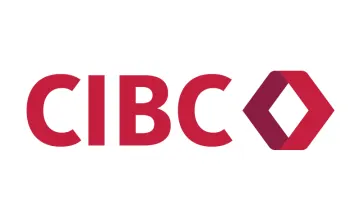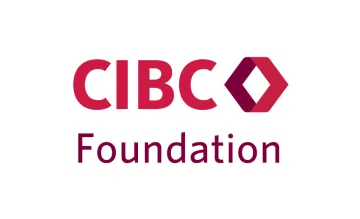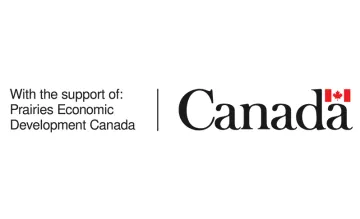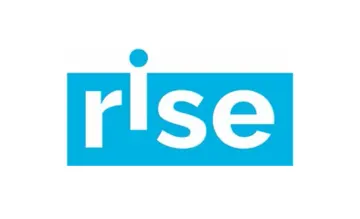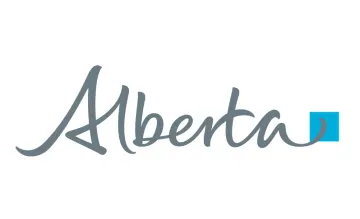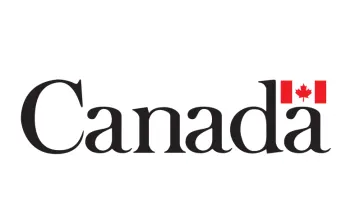In today’s competitive job market, a strong cover letter can be the difference between landing an interview and getting overlooked. But what exactly is the purpose of a cover letter, and are they still relevant? On this page, we’ll break down why cover letters matter, when to use them, and how to write one that grabs attention and showcases your unique fit for the role. Whether you’re a seasoned professional or new to the job search, we’ve got the tips and insights you need to make your application shine.
Cover Letter Example
Here is an example cover letter. Make sure you match the formatting of your cover letter to your resume!
Writing a Great Cover Letter
Cover letters are primarily a sales pitch, tailored to a specific job and employer. It will help determine whether or not you’ll get the interview, so make sure it’s a strong and compelling presentation of your qualifications.
Although it may be tempting to write a lengthy cover letter, this can be overwhelming for an employer to read. Keeping your cover letter short ensures that your qualifications and enthusiasm for the role are highlighted to the employer clearly and effectively. By cutting out unnecessary details, you ensure that your main points stand out, making a stronger, more focused impression.
Here is a breakdown of what you should be including in your cover letter:
1. Start with a Strong Opening
Address the Hiring Manager: If possible, find the name of the hiring manager (e.g., “Dear [Name]”). If not, use “Dear Hiring Manager” or “Dear [Department] Team.”
Grab Attention: Open with a hook that shows enthusiasm and relevance.
Example:
“As a marketing professional with 5 years of experience driving brand growth through data-driven strategies, I was thrilled to see the opening for a Marketing Manager at [Company]. Your focus on innovative campaigns and customer engagement aligns perfectly with my expertise and passion.”
2. Show Enthusiasm for the Company
Highlight Relevant Skills and Experiences: Focus on 2-3 key accomplishments or skills that match the job description. Use specific examples to demonstrate your impact.
Tailor It to the Role: Avoid generic letters. Research the company and role to show you understand their needs and culture.
Example:
“In my previous role at [Company], I led a team that increased social media engagement by 40% in six months. I achieved this by implementing a new content strategy and leveraging analytics tools to refine our approach. I’m excited to bring this same level of creativity and results-driven thinking to [Company].”
3. Why You’re a Good Fit
Explain Why You Want to Work There: Mention what excites you about the company—its mission, values, projects, or reputation.
Example:
“I’ve long admired [Company]’s commitment to sustainability and innovation, particularly your recent [specific project or initiative]. I’m eager to contribute to your mission by bringing my expertise in [specific skill or area].”
4. Keep It Concise and Focused
Stick to One Page: Hiring managers often skim cover letters, so keep it short and to the point.
Use Clear, Professional Language: Avoid jargon or overly complex sentences. Be authentic and conversational, but polished.
5. End with a Strong Closing
Reiterate Your Interest: Summarize why you’re excited about the role and how you can contribute.
Call to Action: Politely suggest next steps, such as an interview.
Example:
“I’m excited about the opportunity to bring my skills in [specific area] to [Company] and contribute to your success. I’d love to discuss how my experience aligns with your needs. Thank you for considering my application—I look forward to the possibility of speaking with you.”
Sincerely,
Your Name
Proofread and Format Carefully
Check for Errors: Typos or grammar mistakes can make a bad impression. Read your letter aloud or use tools like Grammarly to catch errors.
Use a Professional Format: Stick to a clean, easy-to-read layout with a standard font (e.g., Arial, Times New Roman) and 10-12 pt font size.
Save as a PDF: This ensures your formatting stays intact when the hiring manager opens it.
Some more things to keep in mind while writing your resume:
Don’t repeat your resume verbatim—your cover letter should complement it, not duplicate it.
Avoid generic phrases like “I’m a hard worker” without backing them up with examples.
Don’t make it all about what you want—focus on what you can offer the company.
Why Write a Cover Letter?
In a world of quick clicks and automated applications, you might wonder: do cover letters even matter anymore? The answer isn’t black and white—it depends on the job, the industry, and the employer. While some hiring managers skim them, others see cover letters as a golden opportunity to learn more about you. Let’s explore when they’re worth the effort and how they can give you a competitive edge.
When Cover Letters Are Important:
Competitive Roles: In highly competitive fields or for senior-level positions, a cover letter can help you stand out.
Custom Applications: If the job posting specifically asks for a cover letter, skipping it can make you seem uninterested or careless.
Career Changes: If you’re transitioning to a new industry or role, a cover letter can explain how your skills transfer.
Smaller Companies: Smaller organizations or startups often value cover letters because they want to understand your passion and cultural fit.
Networking Referrals: If you’re applying through a referral, a cover letter can reinforce your connection to the person who recommended you.
When Cover Letters Are Less Critical:
High-Volume Applications: For roles that receive hundreds of applications (e.g., entry-level or retail jobs), hiring managers may not read cover letters.
Online Applications with No Option: Some online systems don’t allow you to upload a cover letter, so don’t stress if it’s not an option.
Very Clear Resumes: If your resume clearly demonstrates your fit for the role, a cover letter may not add much value.
The Bottom Line
While not every job application requires a cover letter, they’re still a valuable tool when used strategically. A well-written cover letter can:
Differentiate you from other candidates.
Show effort and enthusiasm , which hiring managers notice.
Fill in gaps that your resume can’t address.
Even if a cover letter isn’t required, submitting one can demonstrate initiative and professionalism—qualities employers appreciate.





